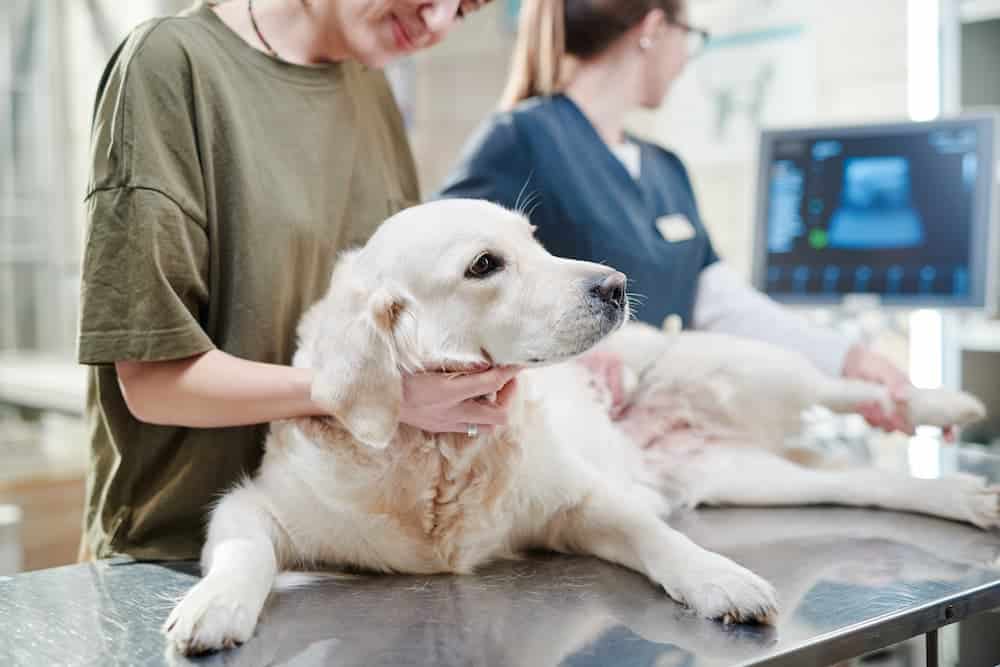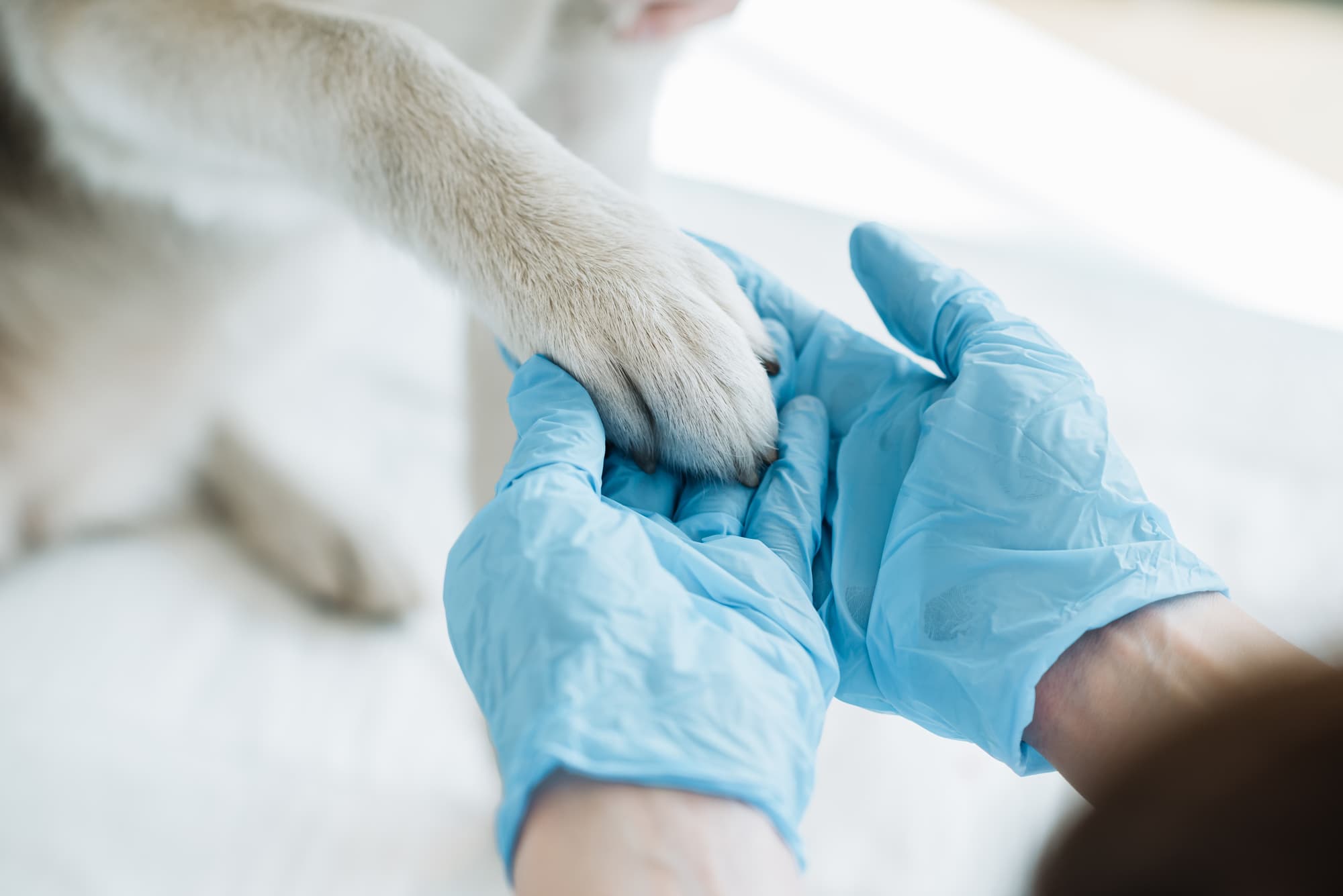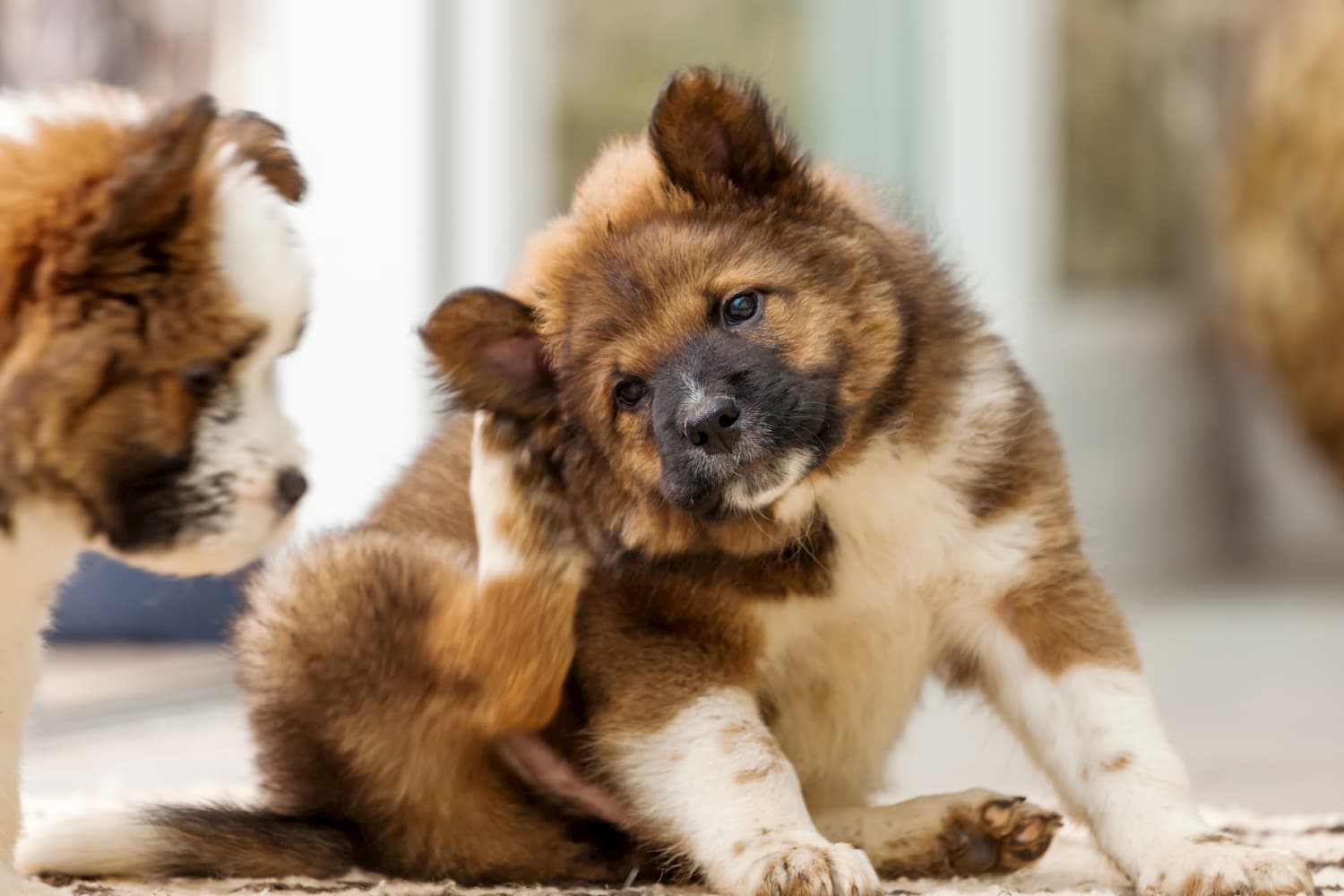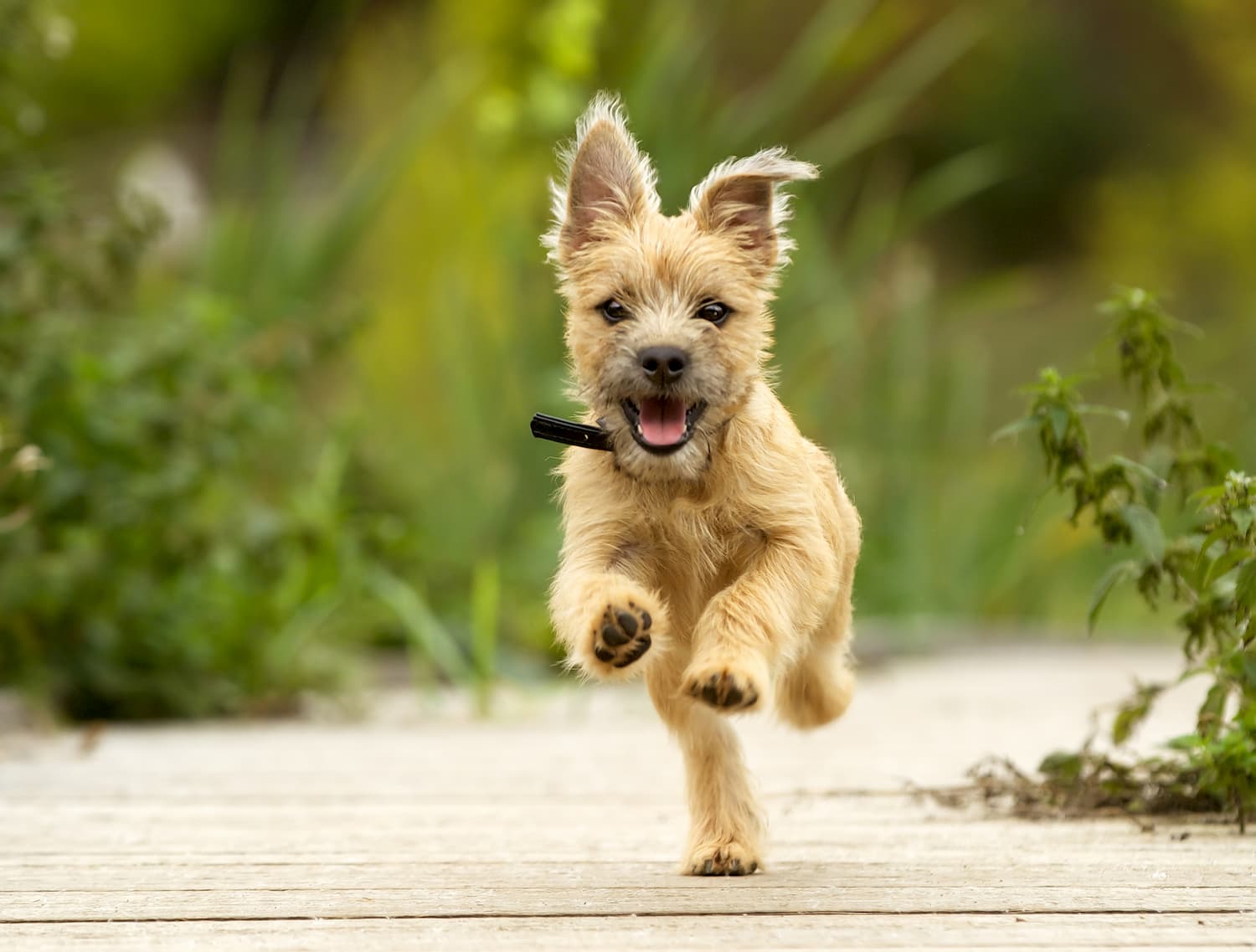The expression you can’t teach an old dog new tricks doesn’t hold true. You may think training is just for puppies but man’s best friend is never too old for dog training.
Enrolling your dog in dog obedience training can help to reinforce what they learnt as puppies. Just like humans, dogs’ personalities can grow and change over time. A placid puppy can become a boisterous dog and a playful puppy can become a shy dog.
So, here’s everything you need to know about dog training courses.
Learn Your Commands
A good understanding of commands is key in knowing how to train your dog. You probably learned these commands when your dog was a puppy and maintaining basic and fundamental commands, such as come, heel, sit and stay are central in maintaining a level of control over your dog.
To help make teaching and maintaining commands more effective follow these guidelines:
- Consistency is key: You need to maintain consistency with your commands and that means using the exact same phrasing every time you make the command. So, instead of mixing ‘heel’, with ‘come on, heel’ just choose one command and stick to it.
- Keep up the rewards: The best way to condition your dog to obey commands is to reward good behaviour. Figure out which reward works for your dog. Is it food, verbal praise, a toy, or a bit of affection? It’s also important to keep in mind that the reward your dog wants can change depending on the situation. For instance, an appropriate reward might be as simple as them wanting to come inside to spend time with the family. Once you’ve determined which reward works best for your dog, reward your dog every time they respond to a command.
- Reward immediately: The timing of the reward is as important as the reward itself. You need to reward your dog immediately, if you wait 10-minutes to give the reward your dog won’t make the link between the good behaviour and the treat.
- Give daily commands: You have to make sure that you give the basic commands on a daily basis or your dog’s obedience could slip.
The Right Type of Discipline
The only type of discipline you need to use is positive reinforcement. You want your dog to love and respect you, not fear you. There’s never any reason to strike your dog or punish them, all dogs are intelligent enough to respond to positive reinforcement.
Studies have shown that physical discipline can increase aggression and unsocial behaviour in dogs. Dogs viewing us as leader of the pack is an outdated model. Rather we want to be a source of reassurance and comfort for them. Dogs that are trained via positive reinforcement are also more willing to continue to learn than dogs that are trained via physical discipline.
That’s why the consistent delivery of clear commands is so effective, it shows them that you are calm and in control so they’ll feel safe in following your directions. If they behave poorly you should also give a clear command in an expectant, upbeat tone that lets them know that their behaviour in unacceptable.
If your dog starts behaving badly you also need to figure out the reason for this behaviour. For example, if your dog suddenly starts digging up the yard it may be because they’re bored and you need to fill the yard with more toys.
If they’re barking throughout the day and night they are trying to tell you something, maybe they need more exercise or something in the backyard is frightening them – like leaving the garden hose they hate next to their bed!
People tend to underestimate how intelligent their dogs are, every action has an emotional aspect to it. If you understand the underlying emotions you can more effectively address the behaviour.
Elderly Dogs
Elderly dogs need to be given a bit of leeway when it comes to training and obedience. If your elderly dog stops responding to your voice commands it may be because they have lost their hearing. If your dog’s toilet training has lapsed it may because they don’t have the physical ability to control themselves. Older dogs can also have reduced brain function, similar to dementia in humans.
This is all part of good dog care. Getting a puppy means looking after it when it reaches old age and after so many years of good behaviour you need to forgive the odd accident and perhaps a little surliness in old age.
These dog training tips will help you to maintain control over your dog’s behaviour well into old age. Just remember to be clear, consistent and to reward good behaviour and you’ll get to enjoy the company of a beautifully behaved pooch.
If you need any more information about dog training or if you’re concerned about changes in your dog’s behaviour don’t hesitate to contact our friendly team.






